
We have three great RKEDF information sessions about Research Funding coming up in November. These sessions are the first of several planned for this academic year targeted at specific funding calls.
Wednesday 11th November 2020, 10am
British Academy Newton International Fellowships Information Session
This workshop will provide important information for potential applicants applying to this external funding call, including tips on applying that will increase the likelihood of success. BU mentors and international candidates welcomed.
By the end of this workshop you will:
- Have a basic knowledge of the Newton International Fellowship Scheme
- Understand the aims and objectives of the scheme
- Be aware whether this funding call is the right one for you
Please book your place here.
Thursday 19th November, 10am
Royal Society Overview
This workshop will provide important information for potential applicants applying to the Royal Society, including tips to increase the likelihood of success.
By the end of this workshop you will:
- Have a basic knowledge of funding offered by the Royal Society
- Understand the aims and objectives of the main schemes
- Understand whether the Royal Society is applicable for your research
Please book your place here.
Wednesday 25th November, 10am
Leverhulme Early Career Fellowships Information Session
This workshop will provide important information for potential applicants applying to this external funding call, including tips on applying that will increase the likelihood of success. BU mentors and candidates welcomed.
By the end of this workshop you will:
- Have a basic knowledge of the Leverhulme Early Career Fellowships Scheme
- Understand the aims and objectives of the scheme
- Be aware whether this funding call is the right one for you
Please book your place here.
These sessions are part of the Research and Knowledge Exchange Development Framework (RKEDF).
 **The original EoI deadline of 23rd Oct has been extended to 30th Oct**
**The original EoI deadline of 23rd Oct has been extended to 30th Oct**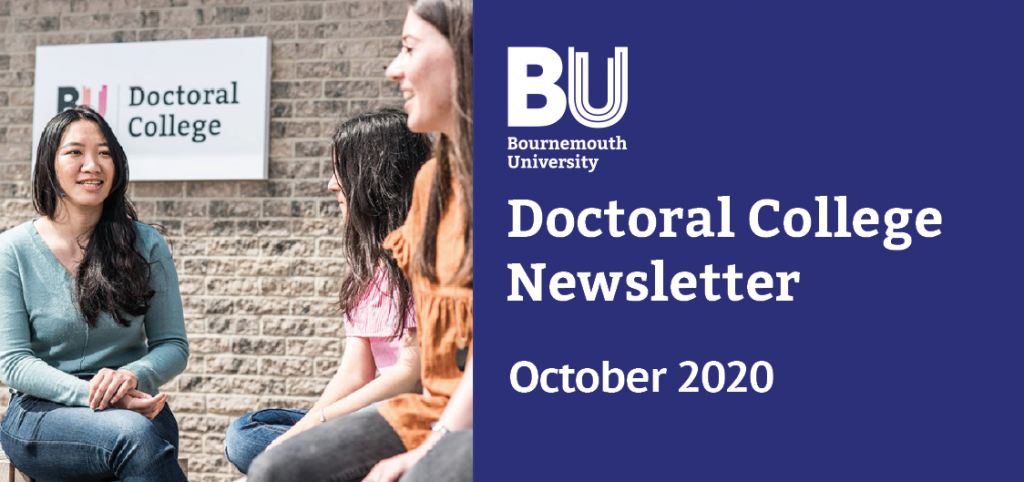


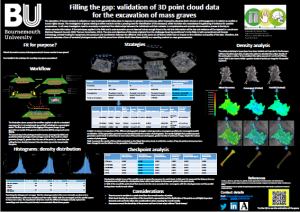
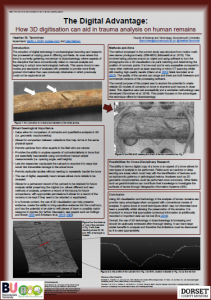


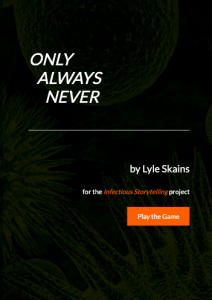
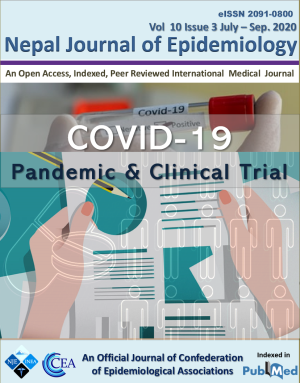


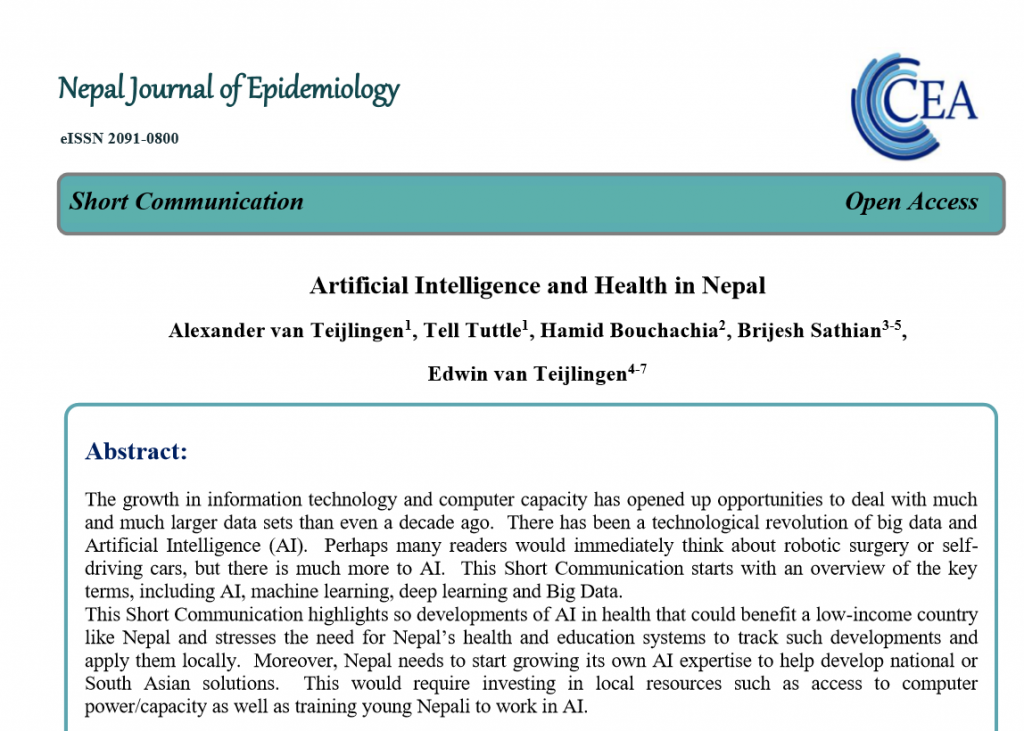

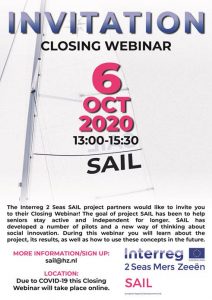 SAIL (Staying Active and Independent for Longer) has been a three year EU funded project that utilised a social innovation approach to developed 10 pilots that aimed to support active aging. Four pilots were developed in the Netherlands, 2 in France, 2 in Belgium and 2 within the UK. The role Bournemouth University Team (Prof Ann Hemingway, Prof Adele Ladkin and Dr Holly Crossen-White) was to undertake an evaluation of the pilots and develop a feasibility study regarding the use of social innovation.
SAIL (Staying Active and Independent for Longer) has been a three year EU funded project that utilised a social innovation approach to developed 10 pilots that aimed to support active aging. Four pilots were developed in the Netherlands, 2 in France, 2 in Belgium and 2 within the UK. The role Bournemouth University Team (Prof Ann Hemingway, Prof Adele Ladkin and Dr Holly Crossen-White) was to undertake an evaluation of the pilots and develop a feasibility study regarding the use of social innovation.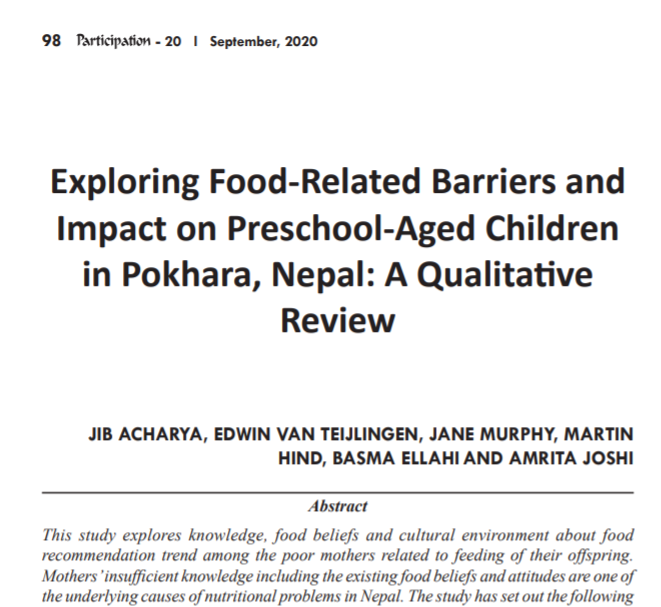
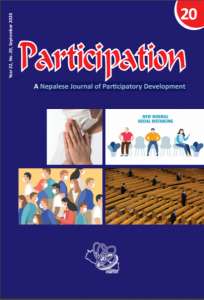
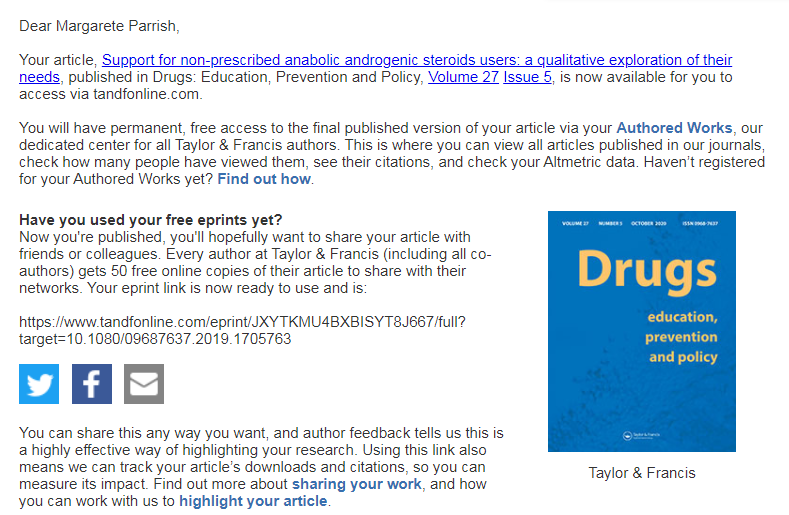











 From Sustainable Research to Sustainable Research Lives: Reflections from the SPROUT Network Event
From Sustainable Research to Sustainable Research Lives: Reflections from the SPROUT Network Event REF Code of Practice consultation is open!
REF Code of Practice consultation is open! BU Leads AI-Driven Work Package in EU Horizon SUSHEAS Project
BU Leads AI-Driven Work Package in EU Horizon SUSHEAS Project ECR Funding Open Call: Research Culture & Community Grant – Apply now
ECR Funding Open Call: Research Culture & Community Grant – Apply now ECR Funding Open Call: Research Culture & Community Grant – Application Deadline Friday 12 December
ECR Funding Open Call: Research Culture & Community Grant – Application Deadline Friday 12 December MSCA Postdoctoral Fellowships 2025 Call
MSCA Postdoctoral Fellowships 2025 Call ERC Advanced Grant 2025 Webinar
ERC Advanced Grant 2025 Webinar Update on UKRO services
Update on UKRO services European research project exploring use of ‘virtual twins’ to better manage metabolic associated fatty liver disease
European research project exploring use of ‘virtual twins’ to better manage metabolic associated fatty liver disease